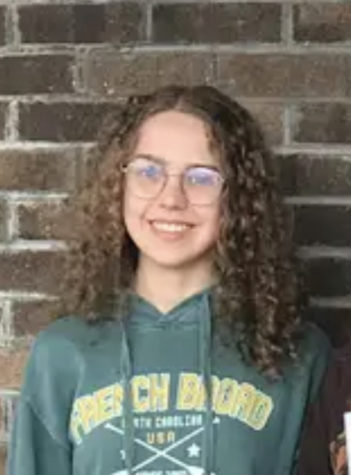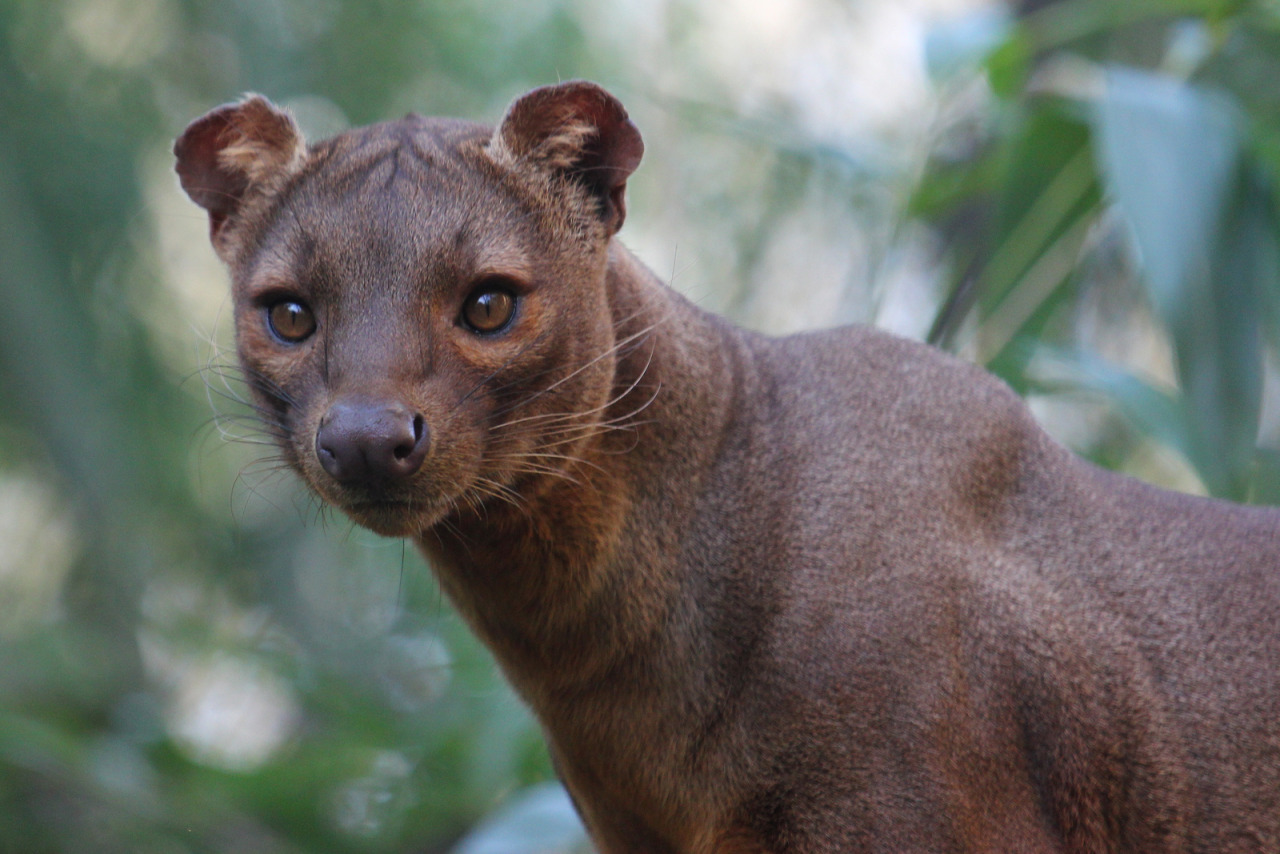Lions and Tigers and… Fossas? – An Interview with Dr. Luke Dollar
April 1, 2023

Dr. Luke Dollar is an esteemed wildlife biologist and conservationist. During his career, he has made successful efforts to preserve wildlife environments, specifically focusing on aiding the fossa, a predator that is native to Madagascar. He began his work in Madagascar in 1994; at the time, he was doing research on lemurs. His research was halted when the lemur he was tracking disappeared. A while later, he and his colleagues found the lemur’s remains – the fossa had struck.
The fossa is not a well-known animal, but the species plays a major role in Madagascar’s ecosystems, as they are one of the main predators. Dr. Dollar soon found that the fossa population was decreasing due to one main factor- humans. Many people in Madagascar have to grow their own food to survive, and they often use land that fossa’s need for a habitat to grow their crops.
And so, Dr. Dollar found a new focus for his research. He started to find ways that the people of Madagascar could support themselves while not harming the animals that shared the land with them. One of these solutions was to fund schools for the locals, which creates opportunities for the younger generation to break out of the cycle of having to be subsistence farmers. At the moment, there’s funding going towards the construction of two new schools, and a library is being constructed at another local school.
As for the fossa population, Dr. Dollar has said that while there hasn’t been an increase in numbers given the pressures of the environment and current events, such as COVID, he is happy with the population remaining stable. He elaborated, saying, “We have had periods where we saw the populations decline in the areas where we were working, and we knew why and were able to address that and respond. So, stability year over year, I’ll take as a win.”
 Due to his work, National Geographic has made him a National Geographic Explorer and the head of the Big Cats Initiative, which helps prevent the decline in population numbers of big cats worldwide. He is also the chairman of the department of environment and sustainability at Catawba College.
Due to his work, National Geographic has made him a National Geographic Explorer and the head of the Big Cats Initiative, which helps prevent the decline in population numbers of big cats worldwide. He is also the chairman of the department of environment and sustainability at Catawba College.
When asked about what the everyday person can do to help the environment around them, Dr. Dollar emphasized the importance of people working on a smaller scale. “The ‘think globally, act locally’ cliche is very real,” he stated. “Each individual can make the decisions for themselves, that when magnified across multiple individuals, becomes a collective effort.” He spoke of small things that each person can easily do, such as simply unplugging devices when they aren’t in use, not blasting heating or AC, and instead dressing for the weather.
Dr. Dollar also gave some excellent advice to younger generations who are trying to break out into their fields of interest, saying, “The sky’s the limit… Don’t take no for an answer and give yourself permission.” He reiterated the importance of seizing opportunities and believing that you can accomplish what you want to by stating, “If you don’t think you can, you can’t. If you think you can, then you’ll figure it out.”









